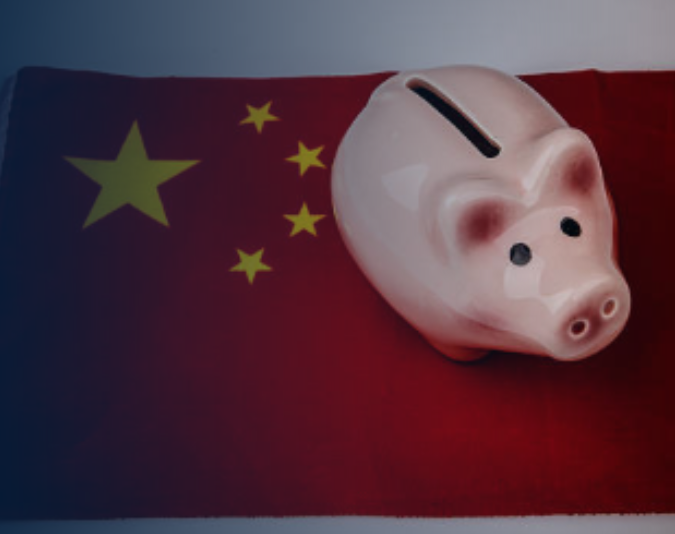On Wednesday, September 10, China’s Ministry of Commerce responded to EU tariffs on electric vehicles by imposing provisional duties of up to 62.4% on a range of pork products. The ministry claimed that a preliminary investigation had found that European exporters were dumping pork in the Chinese market. However, the announcement took Europe by surprise, as this anti-dumping investigation had been extended in June and was not due to conclude until December. The move is widely seen as a countermeasure to the previous European duties on Chinese vehicles.
Over the past two decades, one of the cornerstones of Beijing’s economy has been its domestic car industry. Yet a year ago, Brussels moved to impose tariffs on Chinese EVs, arguing they were benefiting from state subsidies. In retaliation, China has announced heavy tariffs on European pork, a measure that strikes directly at the EU, the world’s largest pork exporter.
European producers may see their profit margins shrink, particularly for offal, which makes up more than half of the EU’s pork exports to China and has limited demand elsewhere. The new tariffs could put over $2 billion of EU pork exports at risk, with the Netherlands, Denmark, and Spain set to be the hardest hit — Spain being the world’s second-largest pork exporter and the most exposed EU member. Some companies in these countries, however, will see lighter duties thanks to their cooperation in the anti-dumping probe, with duties ranging from 16.6% to 32.7%. These numbers illustrate the significant impact Chinese tariffs could have on the European pork sector, affecting both production levels and exporter revenues.
Undoubtedly, China’s provisional tariffs will shake up global pork trade, leaving the EU with a production surplus while opening the door for other exporters, such as Brazil, to gain ground in the Chinese market. Consumers will also bear the cost of these trade tensions, facing higher prices for electric vehicles in Europe and pork products in China. Furthermore, these ongoing trading tensions can lead to supply chain disruptions and reduced competitiveness for companies on both sides. If retaliation continues, there is a real risk that these disputes could escalate into a broader EU–China trade war, with wider economic consequences for both economies.
Once again, the actors in the international arena show that tariffs are not merely economic tools, but political weapons used by states to act and retaliate. In the end, trade is not only about markets, but about power.




